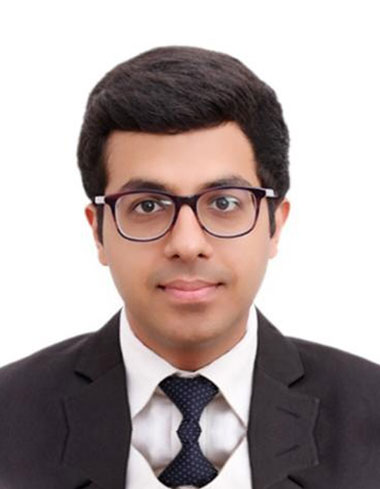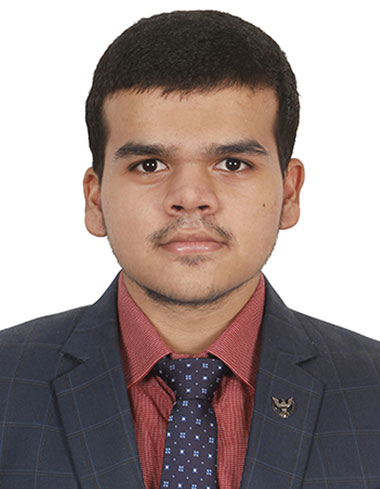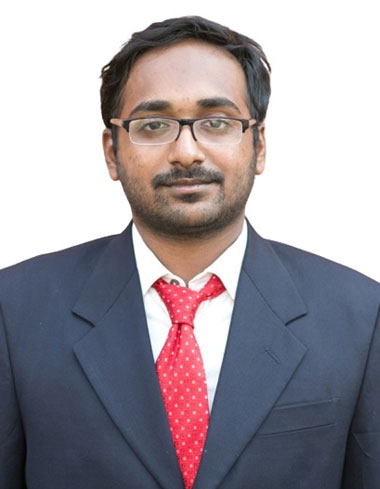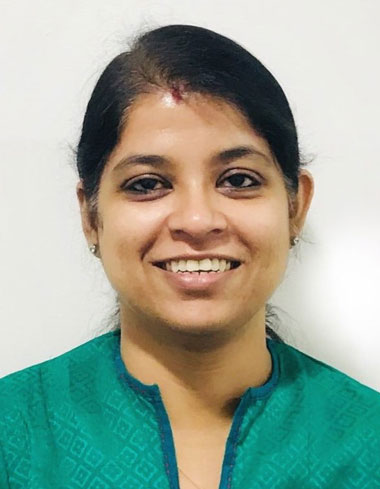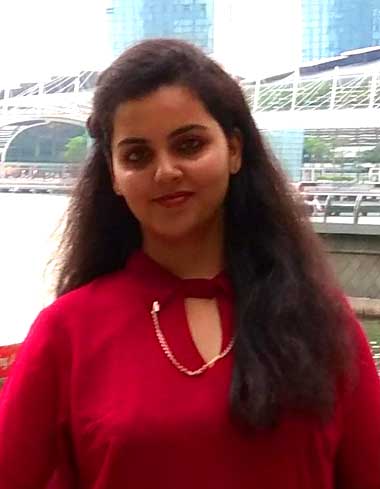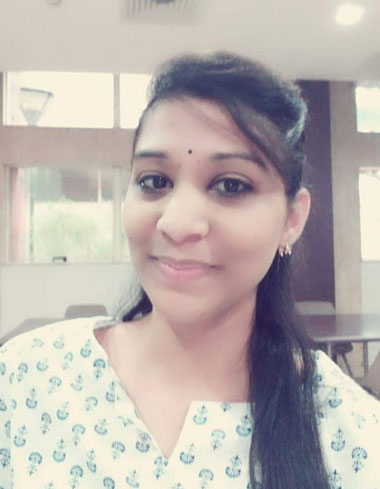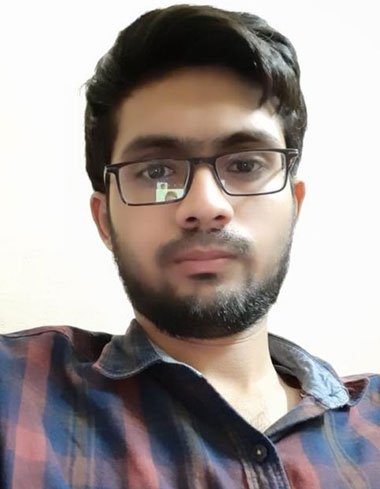
FINAL | BUSINESS CASE - BCS 09
Submission BCS 09
NMO Season 3
Financial Model and Future Operations Plan
Submission Date & Time : 2021-04-03 10:47:22
Submitted By : Priyanka Tiwari - From Team Edison
Phases of the case - Segregation, Wealth creation, less wastage.
The detailed Solution is attached below as a PDF File.
Municipal Solid Waste Management is an essential and obligatory function of the Urban Local Bodies, service levels in MSWM continues to fall short of desired levels. With rapid urbanisation and economic growth and an increase in per capita waste generation, annual municipal solid waste generation is estimated to grow more than five-fold from the current level of 70 million tons to reach 370 million tons by 2030 (source; McKinsey Global Institute). Even though the quantity of waste generated is expected to grow significantly, service levels in the MSWM space continue to be below par. The major gaps exist in the coverage of collection services, scientific processing and disposal of the waste. The issues and challenges in the sector are outlined below:
- Institutional and financing policy related issues includes low investment requirement. Coping informal solutions in waste disposal.
- Policy related challenges include land acquisition, Developing ‘Regional’ approach to processing & disposal for smaller cities, Lack of willingness to charge user fees.
- Segregation
- Project development related challenges include manpower relocation, Need to develop SWM Master Plan considering PPP options.
The PPP Model Public-Private Partnership (PPP) describes a government service or private business venture which is funded and operated through a partnership of government and one or more private sector companies.
Financial Modelling includes –
Step 1 - Determine Financial Sources (project revenues & capital funds)
The assumptions included in the revenue streams are:-
1. Levy User Charges is the fee based on the solid waste, creating an economic incentive to reduce waste generation and encorage recycling.
2. A nominal service charge of Rs.100 per annum per household as SWM Cess for MSWM activities is collected along with Property Tax.
3. Government Agencies Grants and Schemes.
The finance commission which is responsible for devolution of funds to state governments every five years had allocated total of around Rs.25000 crore. (Rs.20 crores for panchayats and 5 crores for municipalities) for supplementing the resources of the ULBs for improving urban infrastructure, out of this 5 crores, 50% was allocated for solid waste management alone, to be passed through urban local bodies for the period of 5 years. Under the 12th finance commission, an award of Rs. 2500 crore was made to ULBs of all 423 Class I citiesin the country.
5000 crores*0.5 = 2500 crores For 5 years
For 1 year 2500 crores/5 = 500 crores for 423 cities
For 1 City Bhopal = Rs. 11820330 which is further divided into Cllection and Transportation, Waste Processing (Compost Plants), Sanitary Landfill Development.
Collection and Transportation equipment and Machinery - 16.67% - 1970055
Waste Processing - 50% - 5910165
Sanitary Landfill Development - 33.33% - 3940110
(ii) Jawaharlal Nehru Urban Renewal Mission (JNNURM).
JNNURM is a programme which is administered by the Ministry of Urban Development to improve the urban infrastructure in major cities across India.
(iii) Subsidy by GOI for Compost Plant and Waste to energy projects - The ministry of Non- conventional Energy Sources (MNES) has been promoting waste to energy plants, refused derived fuel, biomethanation, biogas and gasification. The purpose of the subsidies has been to promote technologies which might otherwise not be taken up financially.
- Project Cost
The assumptions included in Capital Investment Model are:-
Revenue from Deposits for the project is 60 crores divided into 4 quarters for 1 Financial Year.
Revenue from other sources as per desaggregation of Revenue is Rs.14652101 per month from tax levies and Government Grants.
Expenses include:-
Waste Segregation Machine – 2 units @ 26 lac yearly.
IoT Module Deployment -5 @ 35k per drone.
Incinerators for Toxic Waste -3 @ 11.5 lac yearly.
Pavement Block Making Machine – 10 lac
Composting Unit- 34.5 lac
IT Team Salary – 2 @ 1 lac per quarter
App developer’s salary – 90k per quarter
Profit = Total Revenues – Total Expenses.
Operations and Maintenance Costs
Waste Sorting Staff – 10 @ 20k monthly = 200k per quarterly
Management Team (Same as Industrial Waste Team) – 6 lac per quarter
Utility charges such as power, Water etc – 4 lac per quarter
Incinerators for toxic waste – 3 units @ 11.5 lac (one time cost)
Administrative expenses
Licenses and approvals – 40000 yearly I.e 10000 quarterly
Legal and Auditing – 800 per quarter
Supplies – 4500 per quarter
Incinerator Maintenance costs (fixed) – 2 units @125000.
Other miscellaneous costs- Costs of Tieups and the CSR initiatives taken by the company.
Future operations and Business Expansion Plan
The assumptions included are:-
- Revenue Streams
Average number of Households/entities served daily are increased by 15% every quarter from the previous quarter.
Charges for Waste collection service per quarter is Rs. 90 per quarter (fixed)
Revenue from purchases per quarter is increased by 15% every quarter than the previous quarter.
Revenue from compost sale – 7 tonnes daily @ Rs.3 per Kg (Fixed)
Revenue from the sale of scraps is increased by 20% after 1st FY and then by 25% after 2nd FY.
- Cost Streams
In every quarter company increased 2% more than the previous quarter in Digital marketing and Promotional Material Costs.
Domain and Server hosting costs are 3000 per quarter (Fixed).
IT Team Salary – 2 @ 1 lac per quarter increased by 20% after 1st Financial Year.
Android app development – (one time) 30000
Google Developer subscriptions – Rs.1975 (one- time)
Ios development cost (one time) – Rs.30000
App developer’s salary- 90k per quarter.
Waste segregation machine – 2 units @ 26 lac
IoT module deployment – 5 @ 35k per drone
Incinerator maintenance – 2 units @ Rs. 125000
Pavement Block Making machine – 1 lac
Composting unit – 34.5 lac
Miscellaneous expenses:-
Waste Sorting Staff – 10 @ 20k monthly
Management Team – 6 lac
Licenses and approvals – 10k monthly
Legal and audit charges – 800 per quarter
Supplies – 4500 per quarter
Others- Rs. 75k per quarter.
NPV was calculated at 4%.
Management Principles:
Triple Bottom Line – We are impacting People’s lives through efficient waste management, generating Profits through the production and sale of recycled/upcycled products and also contributing towards the cause of Planet through our sustainability programs.
Comments
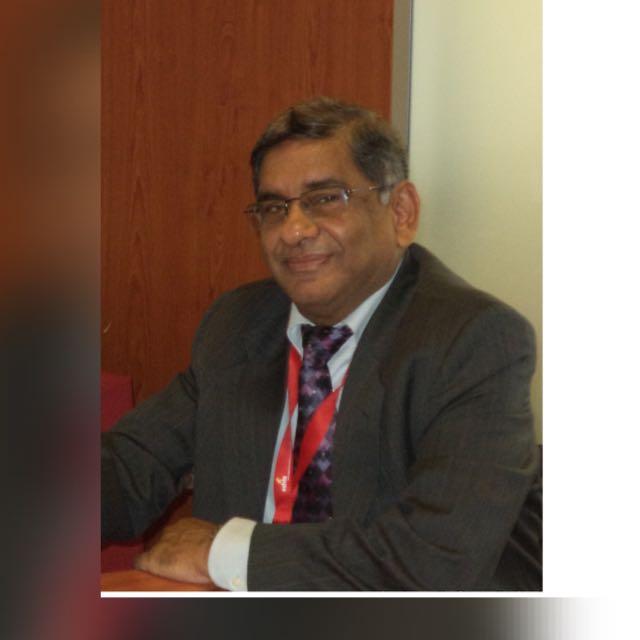
Dr Saroj Kumar Dutta
Good Thought Process about expenses, Keep up the Good Work.

Rajni Khosala
Well thought out the inclusion of expenses. Good Job Done Priyanka.
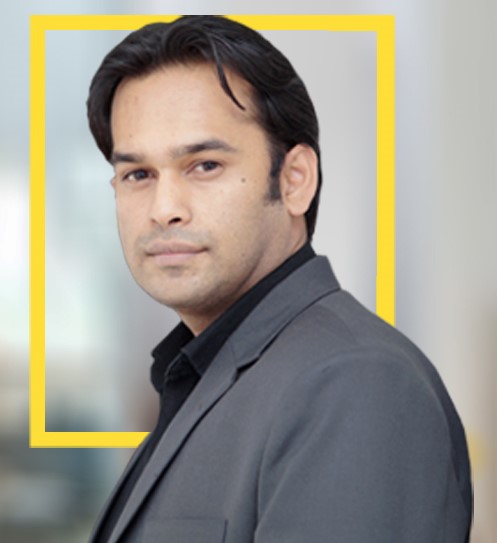
Umeash Sahhaaii
Good Job Priyanka, All the best for all your endeavors.
Participant
Priyanka Tiwari
Lovely professional university
Currently Pursuing Certified Financial Planner (CFP)
Team Edison BCS 09 Submission
Total Team Points: 132500
Team Sarabhai BCS 09 Submission
Total Team Points: 135450

 Lovely professional university
Lovely professional university 